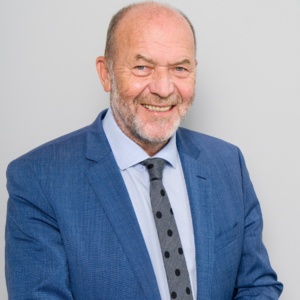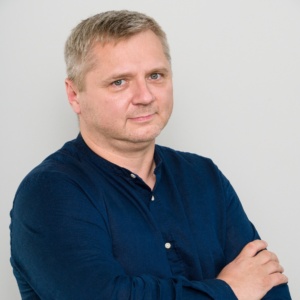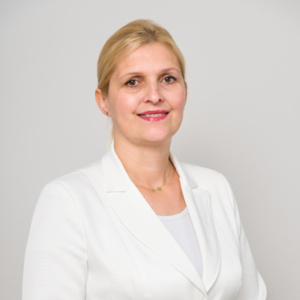Select a doctor
Specialists
Psychiatry
The Psychiatric Clinic deals with the diagnosis and treatment of mental disorders, as well as psychoprophylaxis.
Mental disorders usually occur as a result of the interaction of many factors, such as:
- psychogenic factors related to life events, stress, coping mechanisms and personality type
- endogenous factors, including genetic predisposition, disorders of brain function or structure
- exogenous factors, such as drugs, alcohol, psychoactive substances
- somatogenic factors, e.g. somatic diseases and diseases of the central nervous system
Diagnostics and treatment:
- depression and other affective disorders
- anxiety disorders and other “functional disorders”
- schizophrenia and related disorders
- organic mental disorders
Mental disorders, if not properly diagnosed and treated, can lead to the persistence, deepening or recurrence of symptoms. There are often complications in the form of other mental illnesses, such as “treating” depression with alcohol which will not relieve depression, and may contribute to alcohol dependence and somatic disorders, e.g. disorders of the immune system in people suffering from depression. Complications of mental illness also affect other aspects of life, such as: deterioration of functioning at work, family, relationships, and social life. The quality of life is significantly reduced.
The most common symptoms of mental disorders are mood disorders, such as depressed mood, sadness, depression, tearfulness, anxiety disorders, such as free-flowing anxiety, worrying, panic disorder, vegetative symptoms of anxiety, i.e. heart palpitations, shortness of breath, sweating, hand tremors and others, sleep disorders, i.e. insomnia, hypersomnia, nightmares, eating disorders, such as eating episodes, self-induced vomiting, preoccupation with diet, appearance, anorexia, disorders associated with the occurrence of hallucinatory and delusional symptoms, obsessive thoughts or activities, and sexual disorders.
Along with the increase in life expectancy, dementias involving memory and intellectual performance disorders are diagnosed more and more often. Extremely disturbing are the symptoms associated with addiction to alcohol, drugs, drugs, as well as addictions to work, the Internet, shopping, mobile phone, sex and others, which are increasing in the modern world. In addition to the above-mentioned, any symptom that causes fear, mental discomfort or affects functioning in any area of life is disturbing.
Our psychiatrists often work together with psychologists and psychotherapists. Many psychiatrists are also therapists. This is because the combination of pharmacological treatment with psychotherapeutic methods gives better and more lasting results than using them separately.
Psychiatric examination is conducted in the form of a conversation with the patient. During the conversation, a detailed medical history is collected, covering not only current symptoms, their severity, course, past illnesses, previous and current treatment, but also data on childhood, adolescence, education, family, social and professional functioning. Mental status is assessed each time. Then, a diagnostic procedure plan is established and, if necessary, auxiliary tests are ordered. After establishing the diagnosis, it is possible to present the patient with available treatment methods. In the treatment of mental disorders, cooperation between the doctor and the patient, joint formulation of an action plan and work on existing problems, and participation in solving them are very important.
The diagnosis is also accompanied by an interview with the family and relatives, who, especially in mental illnesses, are included in the cooperation in therapy.











